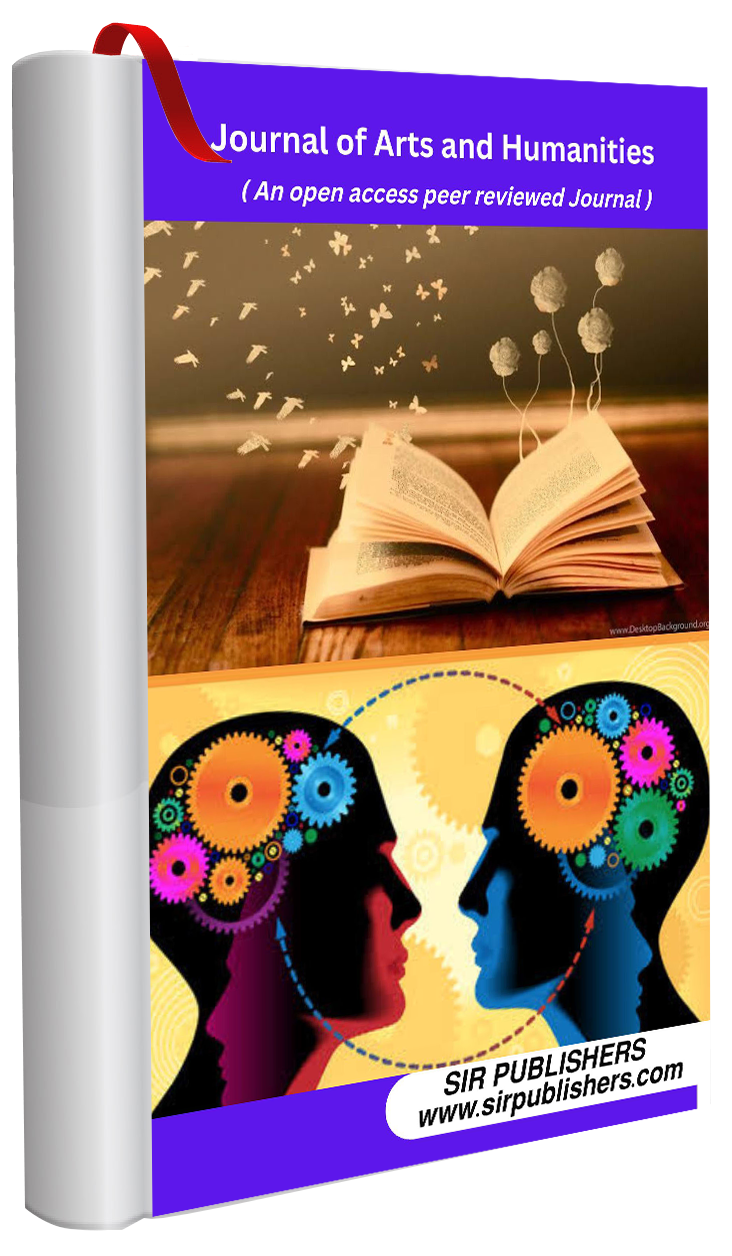THE NATO EXPANSION: DID THE WEST DECEIVE GORBACHEV?
Abstract
The North Atlantic Treaty Organization (NATO) is security organization created by the United States, Canada, and several Western European countries in 1949 to counter the Soviet Union[1]. Tensions amongst the Soviet Union and the U.S rose after World War II due to disagreements over the occupation of Germany and the spread of communism in Eastern European countries. Fearing the rise of communism in Europe and the possibility of a bilateral deal between the Soviets and Western European countries, the United States, under the Truman administration, proposed a European-American alliance that would ensure American commitment to strengthening the security of Western Europe[2]. NATO played a crucial role in deterring Soviet aggression and protecting Allies from its threat throughout the Cold War. It was also more than a military pact, and its members had shared values such as democracy, liberty, and the rule of law that they sought to uphold through the organization[3]. The events from the fall of the Berlin wall in 1989, the subsequent reunification of Germany followed by the disbanding of the Warsaw Pact until the official fall of the Soviet Union in 1991 significantly changed Europe and the World[4]. These events eliminated NATOs raison d’etre since there was no threat of military invasion or nuclear war in Europe, and former Warsaw Pact countries were democratizing on their own.
[1] Roache, Madeline. "Breaking down the complicated relationship between Russia and NATO." Time (2019).
[2] Ibid. 1
[3] Wallander, C. A. (2000). Institutional assets and adaptability: NATO after the Cold War. International organization, 54(4), 705-735
[4] Ibid 705-735.
References
DW. “Putin promises countermeasures in response to NATO expansion.” Last modified November 11, 2016. https://www.dw.com/en/putin-promises-countermeasures-in-response-to-nato-expansion/a-36465534
Eckel Mike. “Did the West promise Moscow that NATO would not expand? Well, it’s complicated.” Radio Free Europe/Radio Liberty. Last modified May 19, 2021. https://www.rferl.org/a/nato-expansion-russia-mislead/31263602.html
Farkas, Evelyn. "The Future of NATO: New Challenges and Opportunities." GMFUS. org. The German Marshall (2019).
Gordon, Philip H., and James B. Steinberg. "NATO Enlargement: Moving Forward; Expanding the Alliance and Completing Europe’s Integration." Brookings Policy Brief 90 (2001).
Kühn, Ulrich. "US-Russian relations and the future security of Europe." Arms Control Today 47, no. 1 (2017): 18-25.
Menon, Rajan, and William Ruger. "NATO enlargement and US grand strategy: a net assessment." International Politics 57 (2020): 371-400.
Palazhchenko, Pavel. "Mikhail Gorbachev and the NATO Enlargement Debate: Then and Now." Hamilton and Spohr, Exiting the Cold War: 443.
Pothier, Fabrice. "Five challenges that NATO must overcome to stay relevant. IISS Analysis, 4 April April 2019." (2019).
Roache, Madeline. "Breaking down the complicated relationship between Russia and NATO." Time (2019).
Russian News Agency. “By enlarging NATO, West ‘spat upon’ Russia’s interests despite good relations, Putin says,” TASS. Last modifies, June 10, 2021. https://tass.com/politics/1300975
Serioli Carlotta. “The Future of US-Russia Relations Post-2020.” Global Risk Insights. (2020). https://globalriskinsights.com/2020/11/the-future-of-us-russia-relations-post-2020/
Shifrinson, Joshua R. Itzkowitz. "Deal or no deal? The end of the Cold War and the US offer to limit NATO expansion." International Security 40, no. 4 (2016): 7-44.
Smotradeev, Mikhail. “Eastward NATO Expansion: Did the West Deceive Mikhail Gorbachev?” Delfi.ru. Last modifies December 2017. https://www.delfi.lt/ru/abroad/global/rasshirenie-nato-na-vostok-obmanul-li-zapad-mihaila-gorbacheva.d?id=76747219
Thalis, Alexander, Benjamin Habib, Stephan Frühling, Andrew O’Neil, and Elizabeth Buchanan. "Threat or Threatened? Russia in the Era of NATO Expansion-AIIA." Australian Institute of International Affairs, June 3 (2018).
Trenin, Dmitri. "Russia-NATO: Controlling Confrontation." Politique etrangere 4 (2016): 87-97.
Wallander, C. A. (2000). Institutional assets and adaptability: NATO after the Cold War. International organization, 54(4), 705-735.










